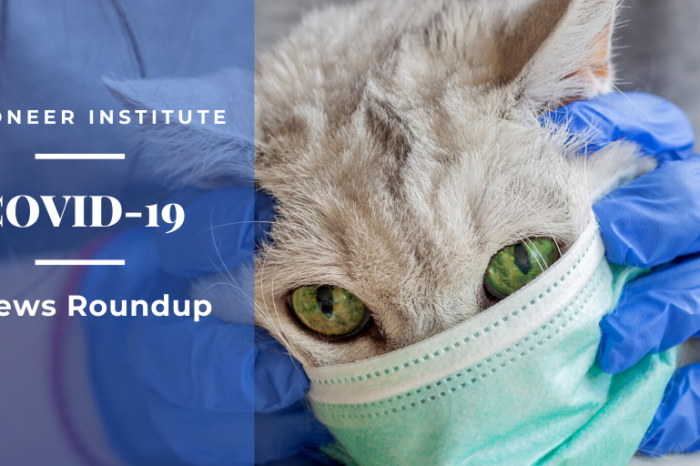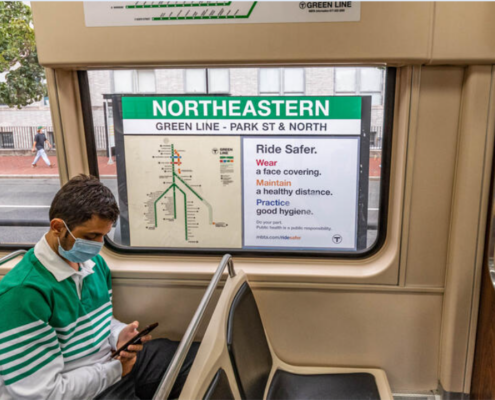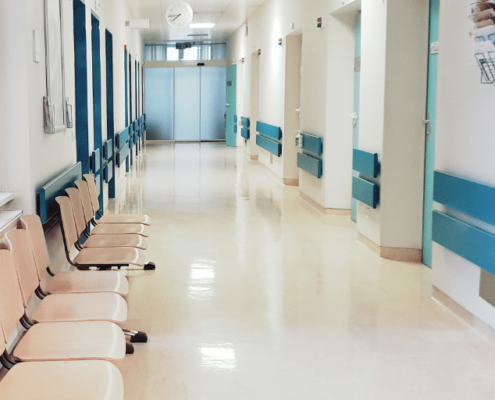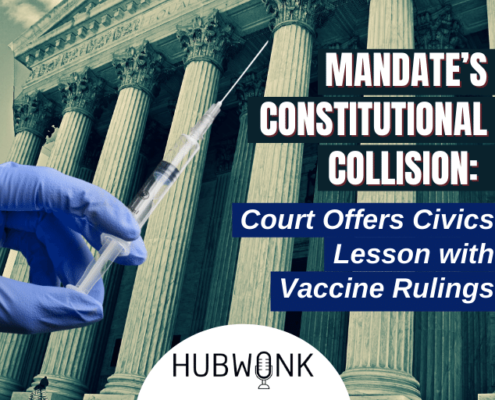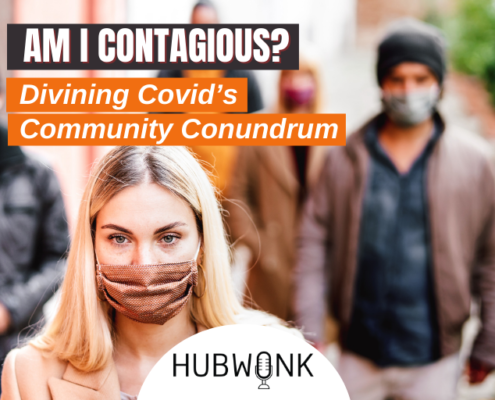COVID-19 Roundup from Pioneer: When will COVID-19 peak in MA?; Life in the aftermath; Tracking potential treatments; Getting America working again; Taking virtual learning to new heights & more!
Pioneer staff share their top picks for COVID-19 stories highlighting useful resources, best practices, and questions we should be asking our public and private sector leaders. We hope you are staying safe, and we welcome your thoughts; you can always reach out to us via email: pioneer@pioneerinstitute.org.
Our Top Picks for COVID-19 Pandemic News:
Jim Stergios, Executive Director: This data visualization tool from The Institute for Health Metrics and Evaluation, a health research center at the University of Washington, shares state-by-state projections about peak hospital resource use and potential deaths. Massachusetts’ peak seems to be around April 15th, New York’s a bit earlier, and California’s quite a bit later than the nationwide average.
Also from Jim: Here’s an interesting look at life in Beijing and what life is like when the quarantine comes to an end (or at least a temporary halt). And, Schulmerich Bells, a Pennsylvania small business, is challenging, via a class-action lawsuit, the state’s ability to order “non-essential” businesses to close.
William Smith, Visiting Fellow in Life Sciences, shares some great resources:
- From New England Journal of Medicine: The COVID-19 vaccine challenge.
- A Wuhan emergency room doctor who first raised concerns about the emerging virus was first silenced by her superiors and has reportedly now disappeared (60 Minutes Australia)
- Also, a helpful guide on potential COVID-19 treatments from the Milken Institute
Rebekah Paxton, Research Assistant, passes along a story from Omaha, Nebraska that includes a chilling statement from the police chief when asked about an order conflicting with the First Amendment right to assemble. Rebekah notes, “While everyone is giving something up right now and for good reason, rhetoric around foregoing First Amendment rights could be a slippery slope.”
Our Picks for Public & Private Sector Best Practices:
Robert Kaplan, Senior Fellow and Marvin Bower Professor of Leadership Development, Emeritus at the Harvard Business School, shares his Wall Street Journal op-ed with economist Mickey Levy on how to balance public health with getting America working again.
Barbara Anthony, Senior Fellow in Healthcare: Do you have personal protective equipment to donate or sell to support Massachusetts’ COVID-19 response efforts? The state is soliciting all kinds of equipment – click here and complete the form.
Jamie Gass, Education Policy Director, shares what one nation-leading state and school are doing to expand digital learning during COVID-19.
Questions for Our Public & Private Sector Leaders:
A reader asked: “When will the Massachusetts Department of Unemployment Assistance have benefits for self-employed?”
Poll Results: Yesterday, we asked readers, “Are you happy with how K-12 public schools have handled remote learning during COVID-19?”
Results: 57% No; 29% Yes; 14% Not enough information
Do YOU have interesting questions and/or articles to share with us? Please email us, or message us through our social media channels below!
Get Our COVID-19 News, Tips & Resources!
Related Posts:

